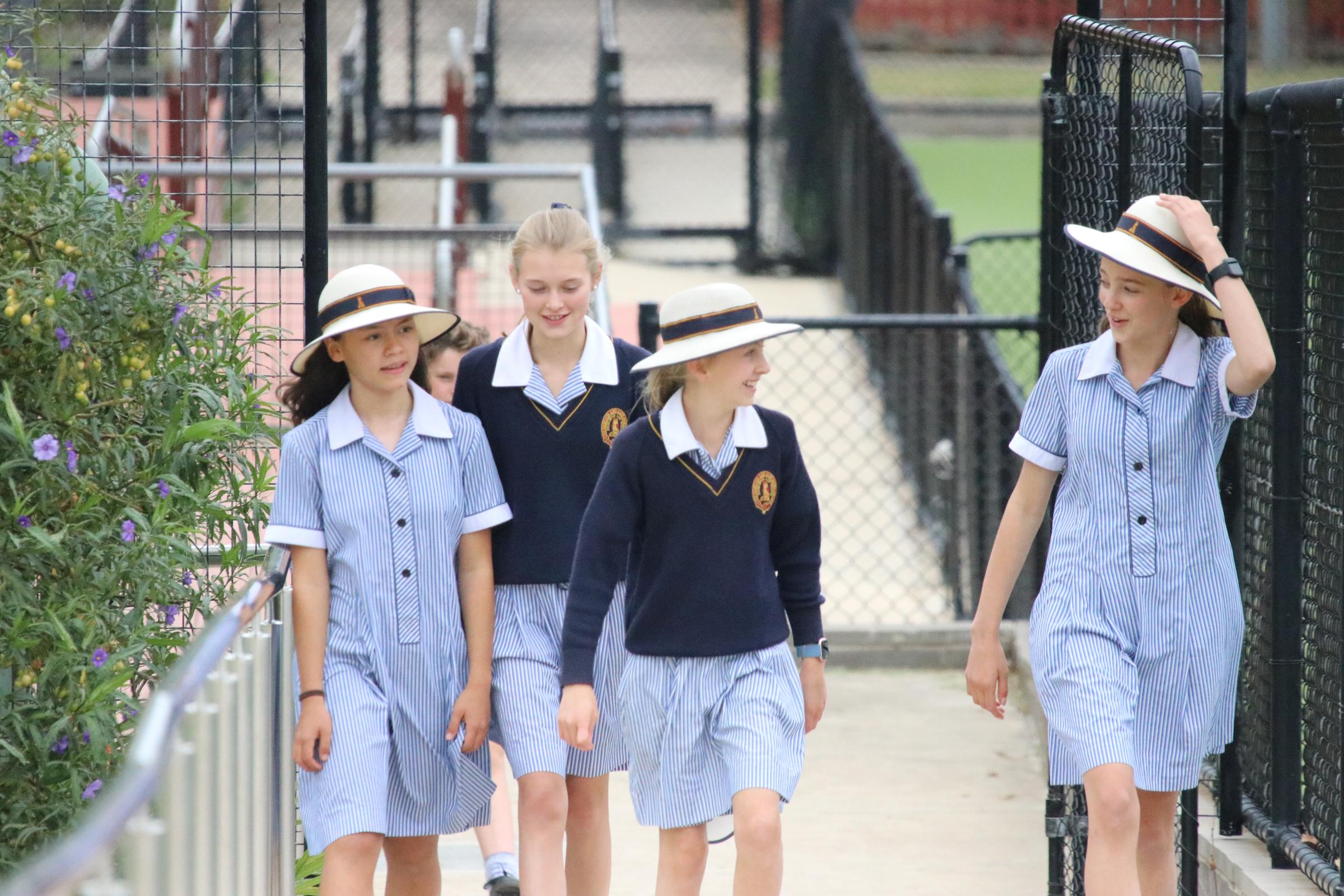
Middle Years
In Wellbeing classes, we have been talking about developing good habits and explaining why this is important. James Clear in his book Atomic Habits recommends developing good habits using several strategies. A habit is defined as a repeated behaviour that becomes automatic. He says that the structures or habits in our lives, allow us to create a more disciplined environment, and this in turn helps us to achieve more. If we aim for small improvements every day this will lead to significant improvement, and I’m encouraging all families to talk about habits. Many students identified procrastination as a major issue, and they are keen to learn how to reduce procrastination. We define procrastination as the delaying or postponing of a task point out that the brain likes immediate rewards and so procrastination is due to the hijacking of the brain, as we often look for the easy option. Even getting started for 5 to 10 minutes will get us into the task, and so it is important to set strategies to overcome procrastination.
The habits discussed in class over recent weeks;
- Going to bed earlier getting more sleep.
- Starting homework at a set time
- Turning off social media and other devices when homework starts.
- Getting daily exercise.
We need to make good habits easier:
- get your homework books out of your bag when you get home from school, so you are organised and can start homework efficiently.
Commitment - habits statements to work on with your children.
- “I will start my homework at 4.30pm in my bedroom”
- “I will get ready for bed at 9pm and turn the light out at 9:30pm”
- “ I will ________ at_________at _____________” (behaviour, time, location).
Ways to overcome procrastination:
- “only watch TV when the homework is done”
- “only check social media when the homework is done”
- “only go for a run when you have completed your chore”
James Clear argues that habits (or ‘structures’) are more important than goals.
I encourage all families to discuss habits around the dinner table.
Mrs Julia Winter Cooke
Head of Middle Years

